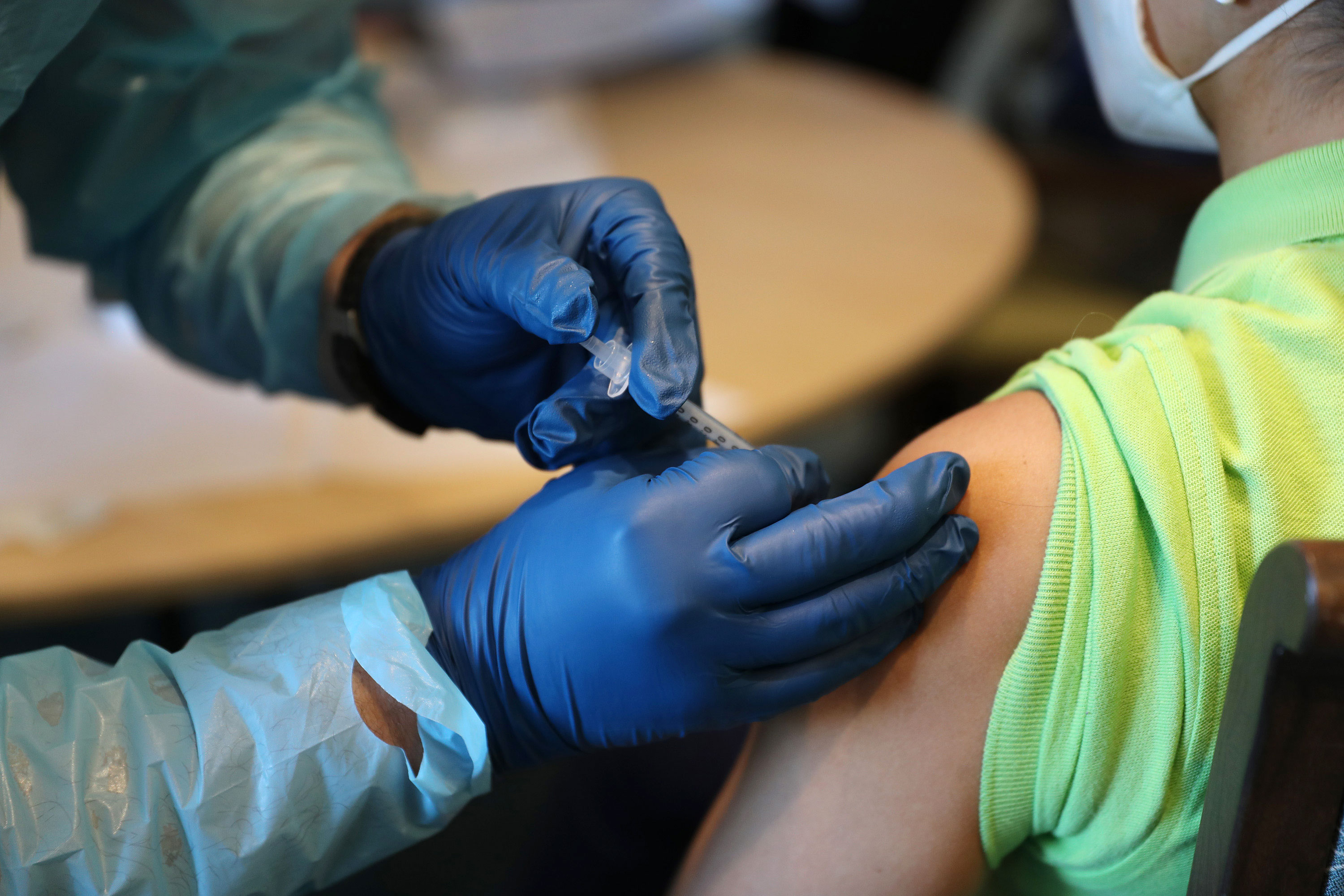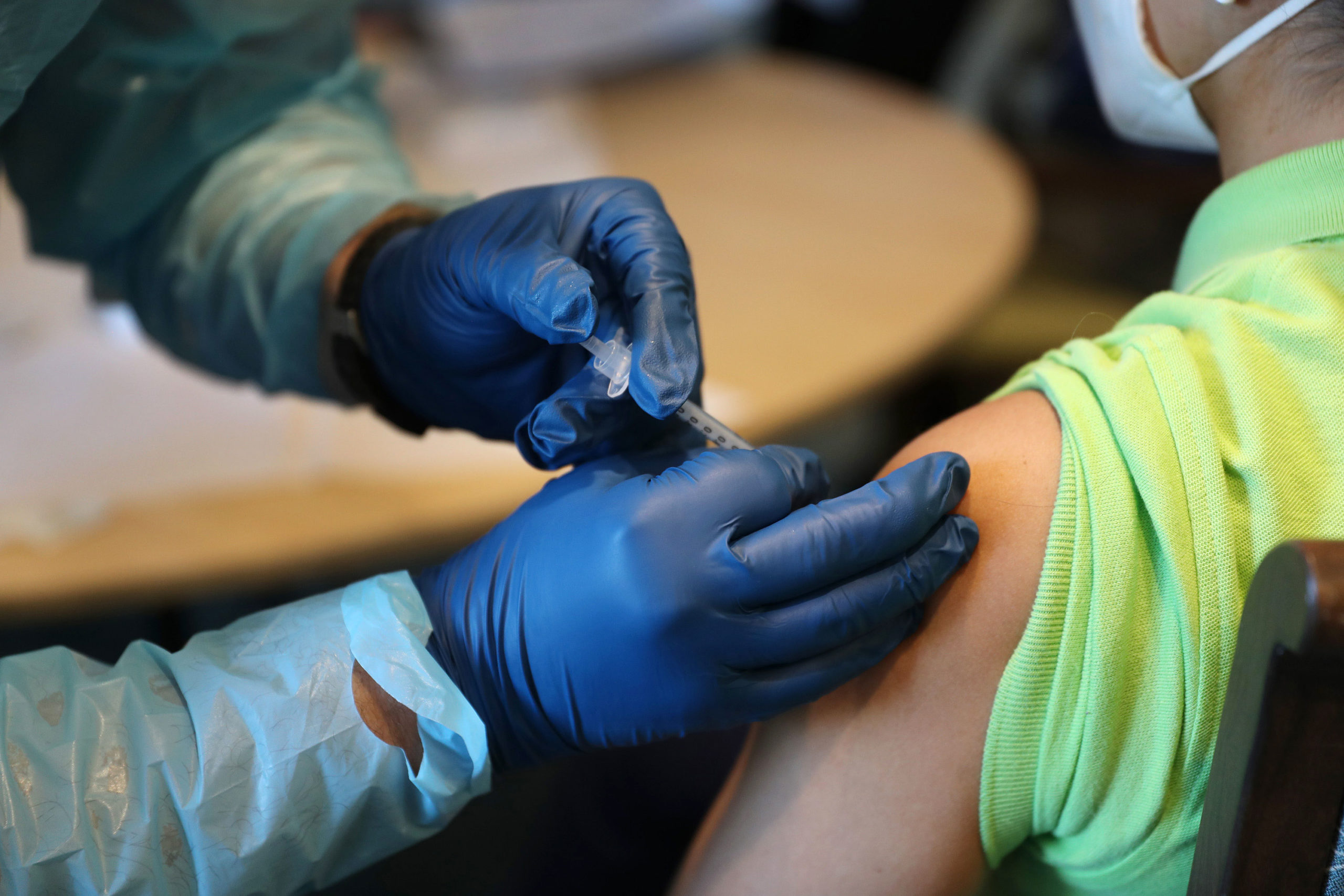
Even as the United States broke a record for the number of Covid-19 deaths reported in a single day, Dr. Paul Offit told CNN’s New Day there were several reasons to be hopeful that the coronavirus situation could get “dramatically better” soon.
Offit, director of the Vaccine Education Center at the Children’s Hospital in Philadelphia and a member of the US Food and Drug Administration’s Vaccines and Related Biological Products Advisory Committee, acknowledged the “awful” numbers are likely to continue for a few months, but said there are reasons for optimism:
Mass vaccinations
There are two “remarkably effective” vaccines and “we’re finally starting to get how to mass administer,” Offit said, citing examples such as the Pennsylvania Convention Center or the Dodger Stadium. Meanwhile two more vaccines – those from Johnson & Johnson and AstraZeneca — “are right around the corner,” he added.
Warmer weather
“The weather will get warmer, when the weather gets warmer, that makes it much more difficult for this virus,” Offit said, explaining that when it is hot and humid, the virus, which is spread by small droplets, spreads less easily.
New political administration
Offit said the incoming Biden administration “isn’t into this cult of denialism” that surrounded the Trump administration’s coronavirus response, and it would “take this problem head on.”
A population building immunity
The number of people who have been reported to have been infected with coronavirus — 23 million — is an underestimate, according to Offit. Many people have had an asymptomatic or mildly symptomatic infection and were never tested. The numbers who have been infected are probably closer to 65 or 70 million, he said.
“That’s 20% of the population that when they’re re-exposed to this virus are not going to become sick with it,” he said, although it’s not clear how long immunity after infection lasts.
If another 55 to 60% of the population can be vaccinated — something which Offit said can be done at a million to a million and a half doses a day — “then I really do think that by June we can stop the spread of this virus.”
You may also like
-
UK coronavirus variant has been reported in 86 countries, WHO says
-
NASA technology can help save whale sharks says Australian marine biologist and ECOCEAN founder, Brad Norman
-
California Twentynine Palms: Explosives are missing from the nation’s largest Marine Corps base and an investigation is underway
-
Trump unhappy with his impeachment attorney’s performance, sources say
-
Lunar New Year 2021: Ushering in the Year of the Ox

